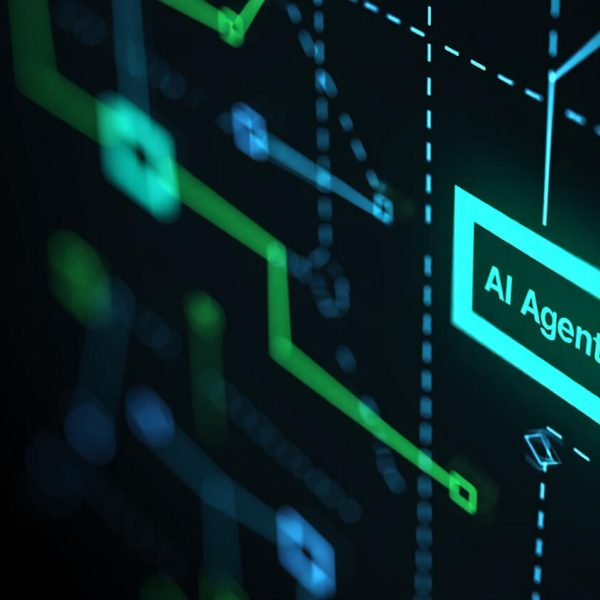Where ideas meet foresight. SAS experts unpack what’s next – from AI and analytics innovations to trends reshaping industries worldwide.

With agentic AI, insurers have new tools for their fight against sophisticated claims fraud.




